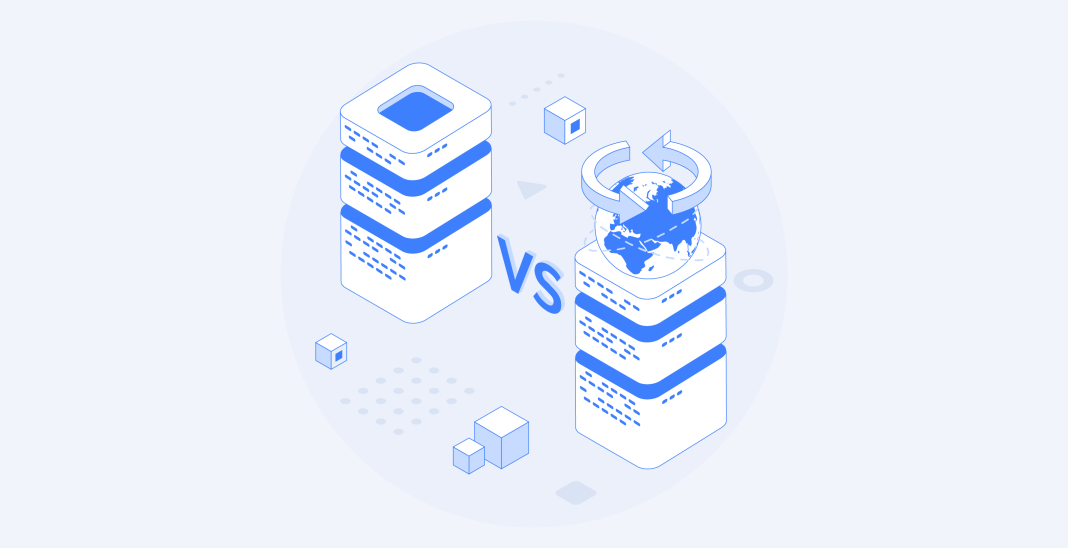In the realm of cybersecurity and web scraping, proxies play a pivotal role in shielding online identity and accessing restricted data. Whether it’s for market research, competitive analysis, or maintaining anonymity, proxies offer a veil of protection and versatility. However, the choice between static and rotating proxies is a crucial decision, each offering distinct advantages and use cases. Let’s delve into a comprehensive comparison to understand their nuances and applications.
Click Here: ResiProx.com
Understanding Static Proxies
Definition and Functionality
Static proxies, also known as dedicated proxies, assign a fixed IP address to a single user. They provide consistency and stability, allowing users to maintain the same IP address for an extended period. This permanence enables smoother interactions with target websites, facilitating tasks like web scraping, data mining, and ensuring uninterrupted connections.
Advantages
- Reliability: Static proxies offer a reliable connection, ideal for activities requiring a consistent IP address.
- Speed and Performance: With no frequent IP changes, static proxies can provide faster speeds and lower latency, enhancing user experience.
- Uninterrupted Access: Some services or websites may require persistent IP addresses for access, which static proxies can provide.
Use Cases
- E-commerce: Managing multiple accounts or performing automated tasks on e-commerce platforms often benefits from consistent IP addresses.
- SEO Monitoring: For tracking search engine rankings or conducting SEO analysis, static proxies ensure accuracy and continuity of data collection.
Unraveling Rotating Proxies
Definition and Functionality
Contrary to static proxies, rotating proxies allocate dynamic IP addresses that change at predefined intervals or per request. These proxies offer a vast pool of IP addresses, enabling users to switch identities frequently, enhancing anonymity and bypassing anti-scraping measures.
Advantages
- Anonymity and Security: Rotating proxies enhance anonymity by cycling through various IP addresses, making it challenging for websites to track user activity.
- Anti-blocking Measures: Constantly changing IPs help evade IP bans or rate-limiting measures imposed by websites or servers.
- Scalability: Rotating proxies accommodate high-volume tasks by providing a wide range of IPs, preventing detection.
Use Cases
- Web Scraping: Extracting data from websites without being blocked benefits significantly from rotating proxies, as they prevent IP-based restrictions.
- Market Research: Gathering diverse data sets from multiple sources without triggering security measures benefits from rotating proxies’ IP rotation.
Choosing the Right Proxy
Considerations
- Nature of Task: Determine whether a consistent IP (static) or varied IPs (rotating) better suit your intended activities.
- Budget and Scale: Evaluate the cost-effectiveness and scalability required for your project, considering the pricing models of each proxy type.
- Target Websites or Services: Some platforms may have specific requirements or restrictions favoring either static or rotating proxies.
Conclusion
The choice between static and rotating proxies hinges on the nature of tasks, security needs, and scalability requirements. While static proxies ensure stability and consistency, rotating proxies offer enhanced anonymity and adaptability for high-volume activities. Understanding the nuances between these proxy types empowers users to make informed decisions based on their specific needs, ultimately optimizing their online activities.










